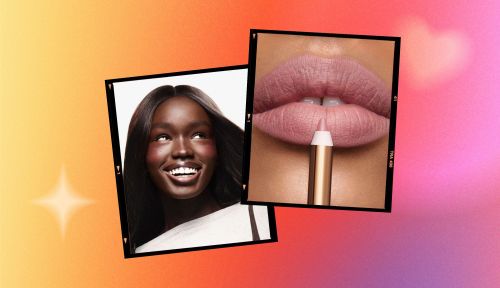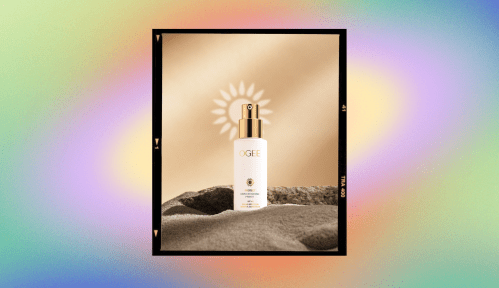Our editors independently select these products. Making a purchase through our links may earn Well+Good a commission
5 Combinations of Active Skin-Care Ingredients Not To Mix, According to Dermatologists
Keep your skin-care routine from becoming a chemistry experiment gone wrong and learn about the different ingredients you should never mix.
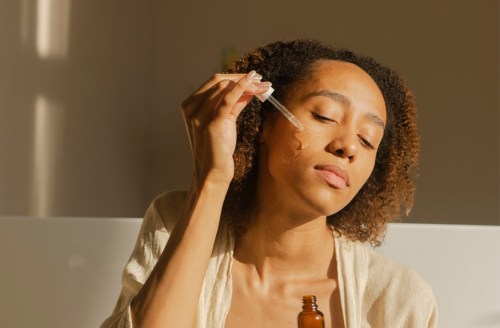
Hyaluronic acid. Niacinamide. Retinol. Salicylic acid. The list of active ingredients we love slathering on our skin goes on. But, while you may mix and match serums to curate a personalized skin-care routine, know that there are some ingredients that don’t play nice together. Some combinations can cause irritation, while others will decrease product efficacy, which means you’ll want to pay close attention to what (and how) you’re applying.
Experts in This Article
board-certified dermatologist in Northern California
board-certified dermatologist specializing in medical and cosmetic dermatology
“The biggest issue with mixing certain actives, or skin-care ingredients, is they can cause dryness, burning, stinging, or redness of the skin” and, sometimes, discoloration, says Caren Campbell, MD, a board-certified dermatologist in California. “Additionally, some skin-care active ingredients negate the effects or reduce the effectiveness of others.”
There are a few important rules to keep in mind when it comes to combining skin-care actives, like knowing what not to mix with retinol or what not to mix with benzoyl peroxide. To prevent your skin-care routine from becoming a chemistry experiment gone wrong, keep scrolling to find out which skin-care actives not to mix.
5 combinations of skin-care actives not to mix together
1. Vitamin C and exfoliants
Shirley Chi, MD, a board-certified dermatologist in California, says to never use vitamin C after exfoliating. Exfoliating ingredients include alpha-hydroxy acids (AHA), like glycolic acid, beta-hydroxy acids (BHA), like salicylic acid, and scrubs. This rule applies to the serums you use at home as well as to any in-office exfoliating treatments, like chemical peels. “I always recommend that you do not use vitamin C serum right after you do anything like that,” says Dr. Chi, “It’s very irritating, and does more harm than good because your pores are so open.”
How to exfoliate your face:
2. Retinoids and hydroxy acids
Another active ingredient you shouldn’t mix with your AHAs and BHAs? Retinol. Though retinoids are great for stimulating cellular turnover, they also have the potential to cause irritation—and that risk factor increases when you’re using them on freshly exfoliated skin. “Using AHAs and BHAs along with retinoids can cause excessive dryness,” says Dr. Campbell. To avoid irritation, she suggests using glycolic wash one to two times per week to exfoliate, and using a retinoid on your non-exfoliating nights.
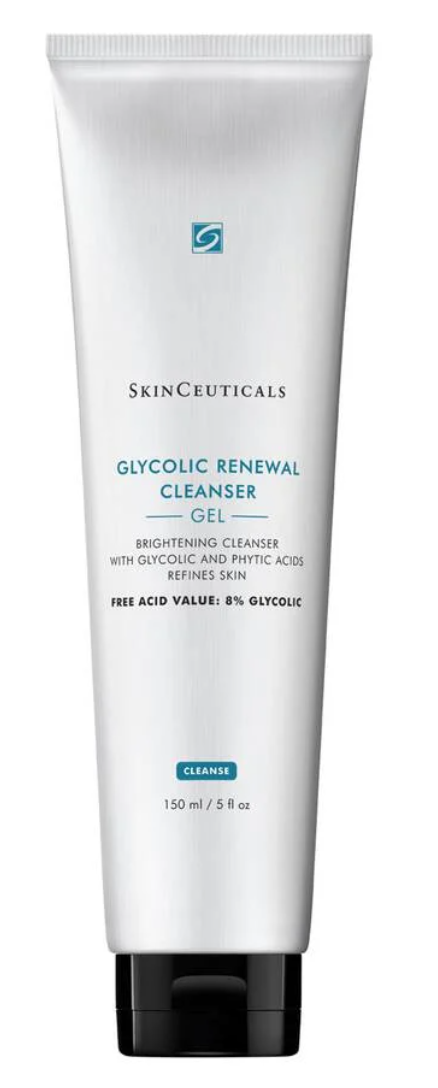
SkinCeuticals Glycolic Renewal Cleanser — $39.00
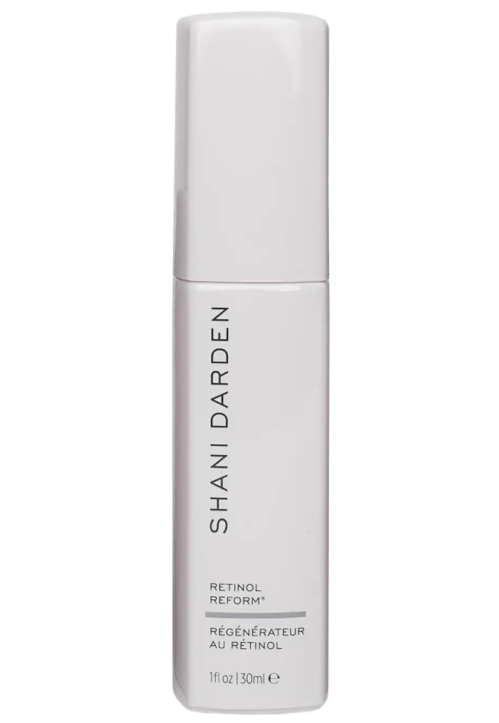
Shani Darden Skin Care Retinol Reform — $30.00 to $88.00
3. Different types of retinoids
We love retinoids because they give you clearer, brighter skin—but you don’t want too much of a good thing. You’ll find retinoids most commonly listed as retinol, retinaldehyde, retinyl esters, tretinoin, adapalene, tazarotene, and trifarotene, and Dr. Chi says to avoid doubling up. “If you’re going to put on a serum that has retinol and then you put on adapalene, that’s probably going to cause irritation because now you’re amping up your adapalene,” says Dr. Chi. Pay attention to ingredient labels to ensure you’re not doubling down on the potent active.
Learn more about retinol here:
4. Certain retinoids and benzoyl peroxide
Benzoyl peroxide is a topical antiseptic that’s commonly used to treat acne, and retinoids are known to quash breakouts by replacing the dead skin cells on the surface of your complexion with healthy new ones. But when using them together, check with your dermatologist to ensure they’re compatible. “Certain retinoids can be deactivated by benzoyl peroxide, but not all,” says Dr. Campbell. She names adapalene as one of the best over-the-counter retinoids that you can use alongside benzoyl peroxide without any issues. If you do want to use both ingredients in tandem, Dr. Campbell recommends packing your nightly routine a benzoyl peroxide wash, like CeraVe Acne Foaming Cream Cleanser ($12) in the shower, followed by an adapalene serum, like Differin ($16), when you get out.
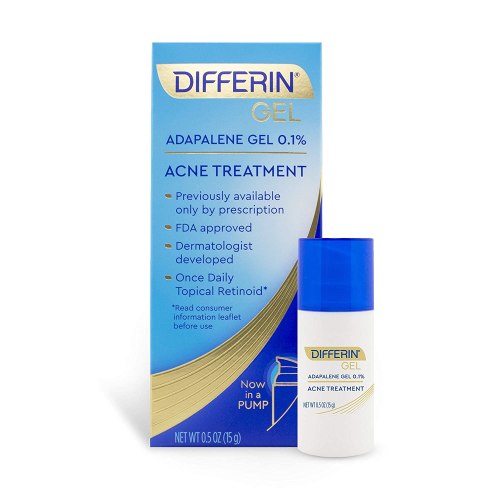
Differnin — $12.00

CeraVe Acne Foaming Cream Cleanser — $14.00
5. Copper peptides and vitamin C
Copper peptides are becoming popular in skin care due to their ability to stimulate skin renewal. Just make sure you don’t mix them with vitamin C. “Copper peptides should not be used with vitamin C as they can oxidize Vitamin C and reduce its antioxidant effect,” says Dr. Campbell. To achieve the maximum benefits of each ingredient, split them between your morning and evening routine or use them on alternating days.
Here’s why vitamin C is so good for your skin:
Oh hi! You look like someone who loves free workouts, discounts for cutting-edge wellness brands, and exclusive Well+Good content. Sign up for Well+, our online community of wellness insiders, and unlock your rewards instantly.
Sign up for the Well+Good SHOP Newsletter
Get exclusive deals on wellness, beauty, fitness, and food products that have been hand-picked by our editors.
Got it, you've been added to our email list.



